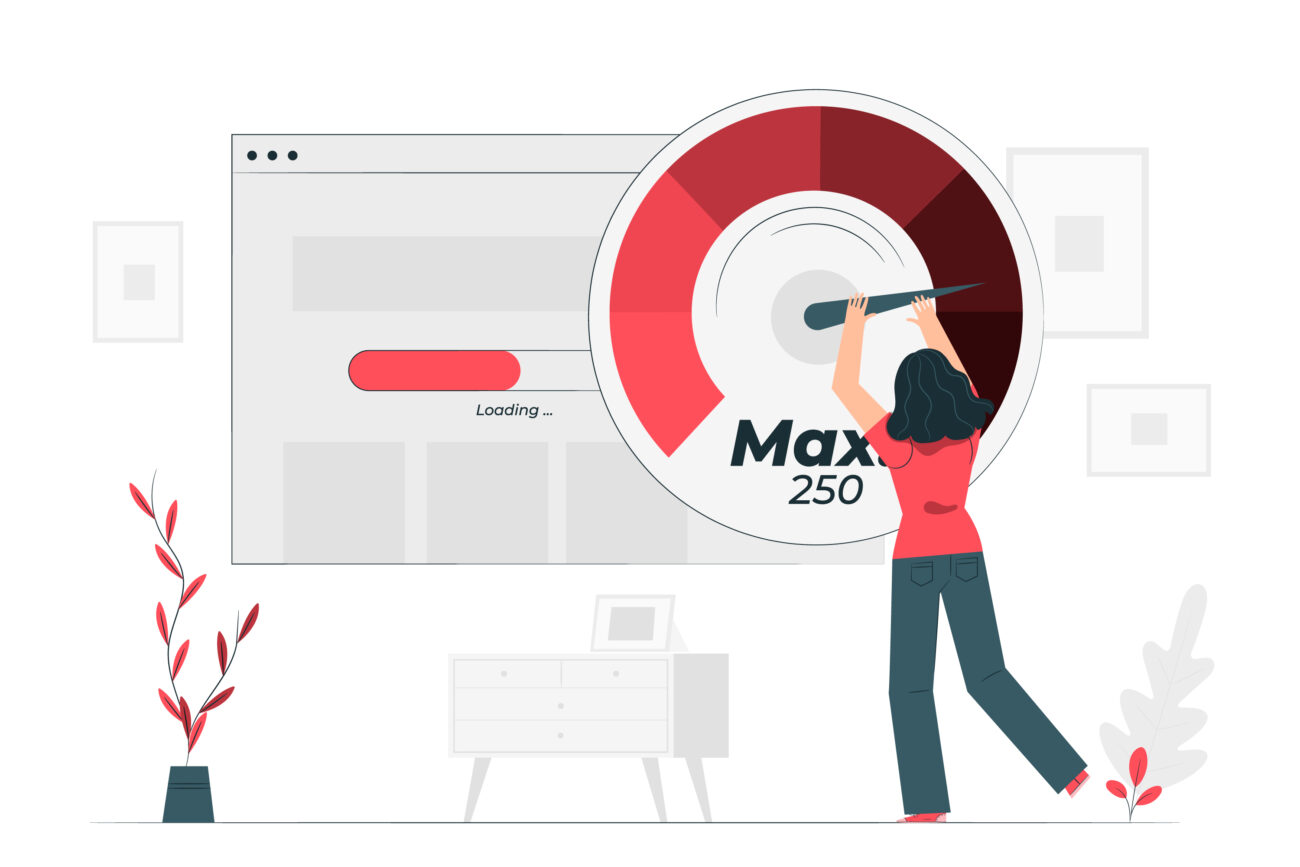In digital marketing, optimization strategies play a pivotal role in maintaining focus and achieving desired outcomes. Among these strategies, Conversion Rate Optimization (CRO) is a vital tool in the marketer’s arsenal. (If you’re a Chief Revenue Officer, I hope the shared initialism isn’t confusing – hopefully this info will still be useful!)
If you’d prefer to leave this up to us, get in touch and we’ll tell you how we can help. Whether you’re running ads yourself or through an agency like us, it is crucial to understand CRO’s nuances and its use cases compared to other optimization strategies.
What is Conversion Rate Optimization (CRO)?
At its core, Conversion Rate Optimization focuses on enhancing the percentage of website visitors who take a desired action—be it making a purchase, signing up for a newsletter, or filling out a form. CRO revolves around refining various elements on a website to encourage visitors to convert into customers or leads.
How Is CRO Different from Other Optimization Strategies?
While CRO hones in on improving specific conversion metrics, other optimization strategies cater to different objectives:
SEO (Search Engine Optimization)
SEO aims to enhance a website’s visibility on search engines, primarily focusing on content relevance, keyword optimization, and link building. It drives organic traffic but doesn’t inherently guarantee conversions. Combining CRO with SEO can convert the increased traffic into meaningful actions.
UX/UI Optimization
User Experience (UX) and User Interface (UI) optimizations concentrate on creating a seamless and intuitive browsing experience. While these strategies enhance user satisfaction, they don’t solely focus on conversion improvements but rather on overall user engagement.
Traffic Generation Strategies
Social media marketing, paid advertising, and content marketing primarily aim to drive traffic to a website. However, without efficient CRO strategies in place, increased traffic might not necessarily translate into conversions.
Where CRO Shines and Where Other Strategies Excel
Countless other strategies exist (Target CPA, Target Return on Ad Spend, Maximize Conversion Value…) but although their goals sound attractive, they’re not right for every situation. That’s the case with Conversion Rate Optimization, too: CRO is most useful when a website already receives a considerable amount of traffic but struggles with converting visitors into customers. For instance:
E-commerce Sites
Optimizing product pages, simplifying checkout processes, and employing persuasive copy can significantly impact conversion rates.
Lead Generation Website
Forms optimization, compelling call-to-action (CTA) placement, and personalized offers can augment lead generation.
Precision Targeting
CRO excels in targeting specific stages of the conversion funnel. It allows for granular optimizations, addressing issues or bottlenecks that directly impact conversion rates.
Iterative Improvement
The iterative nature of CRO enables continuous enhancements based on real-time data. It’s adaptable and can swiftly respond to changes in user behavior or market trends.
Data-Driven Decision-Making
CRO heavily relies on data and analytics. It enables informed decision-making based on concrete insights, reducing guesswork and optimizing for tangible results.
Conversely, other strategies take precedence in different scenarios:
Startups or New Websites
Initially, focusing on SEO and traffic generation is crucial to build brand visibility and attract an audience.
Complex User Experience Issues
For websites with intricate usability issues, prioritizing UX/UI optimizations before diving into CRO ensures a solid foundation for conversions.
Brand Awareness and Reach
Strategies like content marketing, social media, and SEO often excel in building brand visibility, reaching wider audiences, and nurturing long-term relationships with potential customers.
Immediate Traffic Generation
PPC campaigns, influencer marketing, and email marketing can drive immediate traffic and prompt action, making them powerful for short-term gains and specific promotional campaigns.
Diverse Goals
Other strategies often cater to diverse goals beyond immediate conversions, such as community building, thought leadership, or educating the audience, which might indirectly contribute to conversions over time.
Conversion Rate Optimization in a Nutshell
Conversion Rate Optimization is a potent force in maximizing website and ad performance, and its efficacy is amplified when combined strategically with other optimization tactics. Understanding the unique strengths of each strategy and deploying them judiciously according to specific needs and stages of a website’s lifecycle can yield optimal results.
Remember, the success of any optimization strategy hinges on continuous analysis, testing, and adaptation. By integrating diverse optimization methods and tailoring them to specific contexts, businesses can truly unlock their potential in the ever-evolving digital landscape.
Check out our blog posts on other topics, like making the most of the new version of Google Analytics. And if your online marketing program is struggling to hit the mark, find out why – we’ll perform an SEO and Website Health Assessment and discuss it with you during a 30-minute consultation, entirely free of charge.





